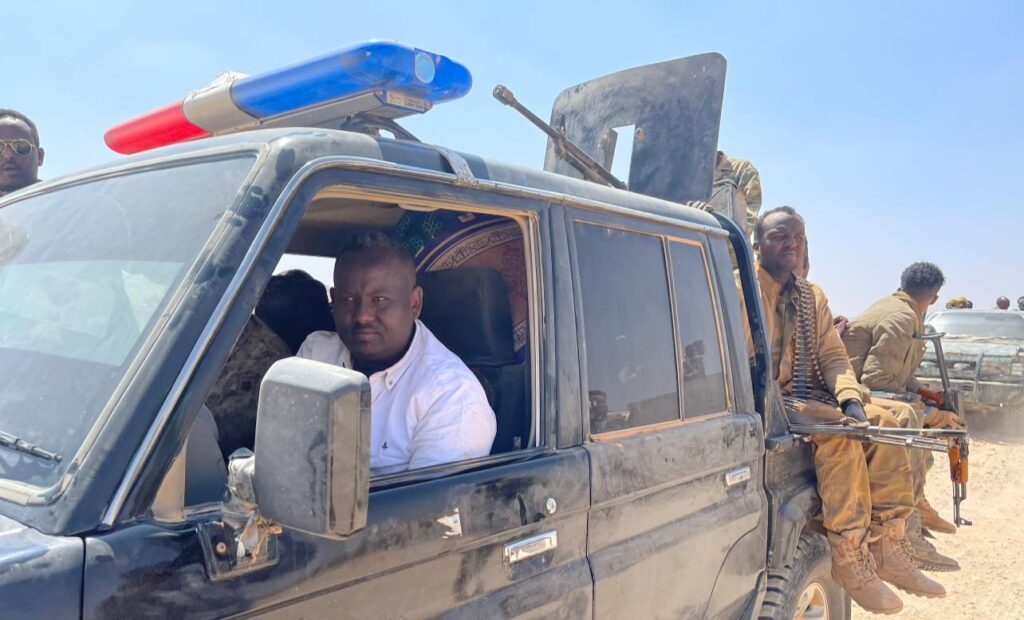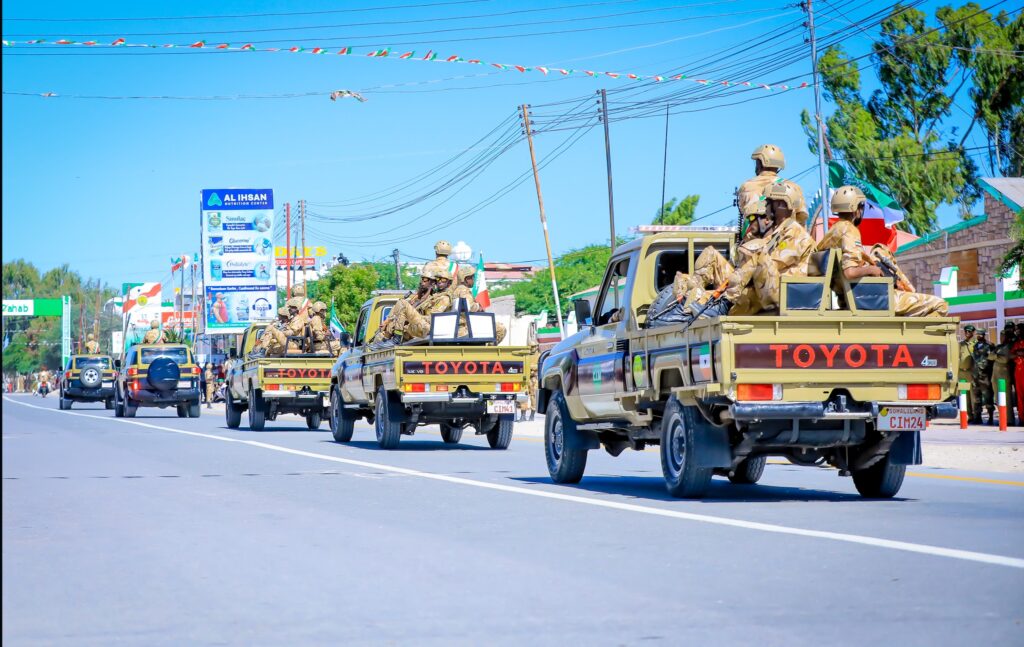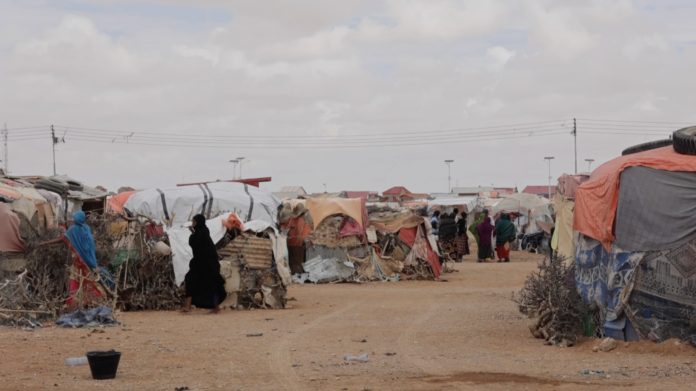Nairobi (KAAB TV) – The conflict between Somaliland forces and Dhulbahante fighters in Laascaanood shows no signs of abating as more families continue to flee the fighting, exacerbating the humanitarian crisis in the region.
Three months into the conflict, close to 200,000 people have been displaced, according to the latest data from the Protection and Return Monitoring Network led by the United Nations refugee agency (UNHCR).
The International Committee of the Red Cross (ICRC) has expressed deep concern over the escalating violence and called on all parties involved to ensure safe and unimpeded access to those affected by the armed clashes. “People in Laascaanood urgently need humanitarian assistance, and we are acting as quickly as possible to bring it to them,” stated Juerg Eglin, head of the ICRC delegation in Somalia.
ICRC says it has been actively providing support to the victims of the conflict. To date, 88 wounded individuals from Laascaanood have received crucial surgical treatment at Mogadishu’s Madina Hospital, a medical facility supported by the ICRC.

Somaliland, a region in northern Somalia, broke away from the rest of Somalia following a bloody civil war in 1991 but remains unrecognized internationally.
The Dhulbahante clan, residing in the Sool region under Somaliland’s administration, has seen a recent desire to break away and align with the federal government of Somalia, citing their disagreement with Somaliland’s unilateral declaration of independence in 1991.
Despite local and international calls for a cessation of the fighting, the prospects of a resolution seem bleak. Both sides involved in the conflict have maintained their aggressive rhetoric and displayed little willingness to engage in peaceful dialogue.
In a recent speech on May 18, President Muse Bihi Abdi of Somaliland affirmed the determination of his forces, stating, “The fighting will not stop until Somaliland liberates back all its borders from external attackers.” This announcement suggests that the conflict will persist until Somaliland regains control over what they perceive as their rightful territory.

Similarly, Dhulbahante elders have vowed to sustain their fight in defense of their ancestral land against Somaliland invasion. They remain steadfast in their determination to protect their territory from what they perceive as external aggression.
As the conflict rages on, the humanitarian situation worsens, with thousands of innocent civilians caught in the crossfire. The international community continues to call for an immediate ceasefire and the initiation of dialogue to find a peaceful resolution to the crisis in Laascaanood. However, until both sides are willing to lay down their arms and engage in meaningful negotiations, the cycle of violence and displacement is likely to persist, leaving the civilian population trapped in a dire situation.


